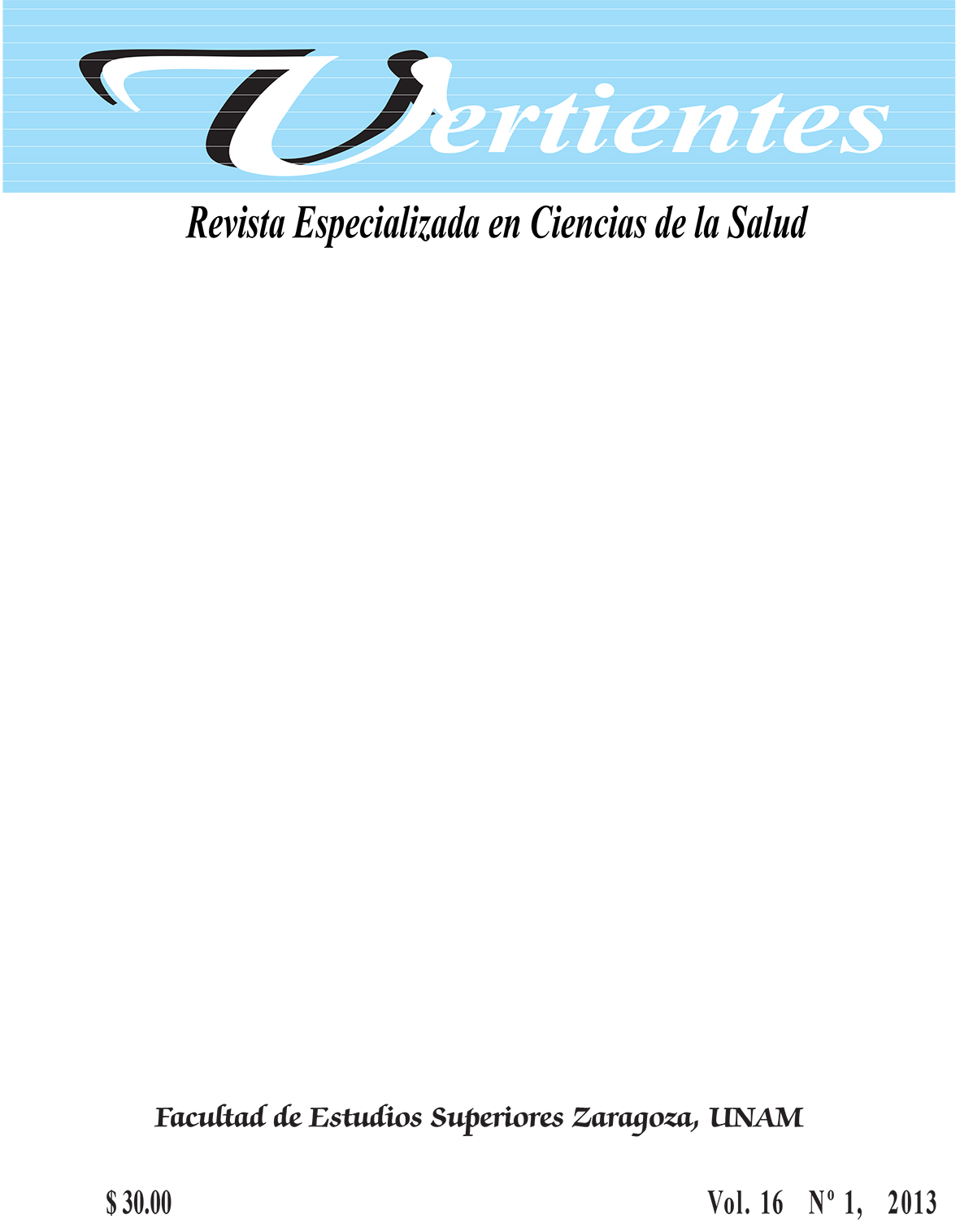The role of CasNa in the selective elimination of leukemic cells
Main Article Content
Abstract
Current antileukemic therapies eliminate both tumoral and normal cells compromising thus the survival of the patient. Sodium caseinate (CasNa) inhibits the proliferation of mouse leukemic cell lines, but it enhances the production of normal hematopoietic cells in independent cultures. However, it is unknown whether cocultures (CC) keep their selective toxic effect. In this work we found that cell proliferation is induced in WEHI-3 leukemic cells cocultured with normal bone marrow mononuclear cells (MNC) in the presence of CasNa whereas viability and apoptosis induction are reduced. We also found that WEHI-3 reduced cell proliferation with apoptosis induction, but it increased cell proliferation in absence of apoptosis in MNC. These data suggest that CasNa promote the elimination of leukemic cells but not that of normal ones.
Article Details
How to Cite
Ledesma-Martínez, E., Pérez-Cordero, C. L., Sánchez-Tellez, G., Aguiñiga-Sánchez, I., Córdova-Galaviz, Y., Weiss-Steider, B., & Santiago-Osorio, E. (2015). The role of CasNa in the selective elimination of leukemic cells. Vertientes. Revista Especializada En Ciencias De La Salud, 16(1). Retrieved from https://journals.unam.mx/index.php/vertientes/article/view/51710
Citas en Dimensions Service

Vertientes by Universidad Nacional Autónoma de México is licensed under a Creative Commons Reconocimiento-NoComercial-SinObraDerivada 4.0 Internacional License.
Creado a partir de la obra en http://www.zaragoza.unam.mx.


